Inside Roche: Taking on the tech sector
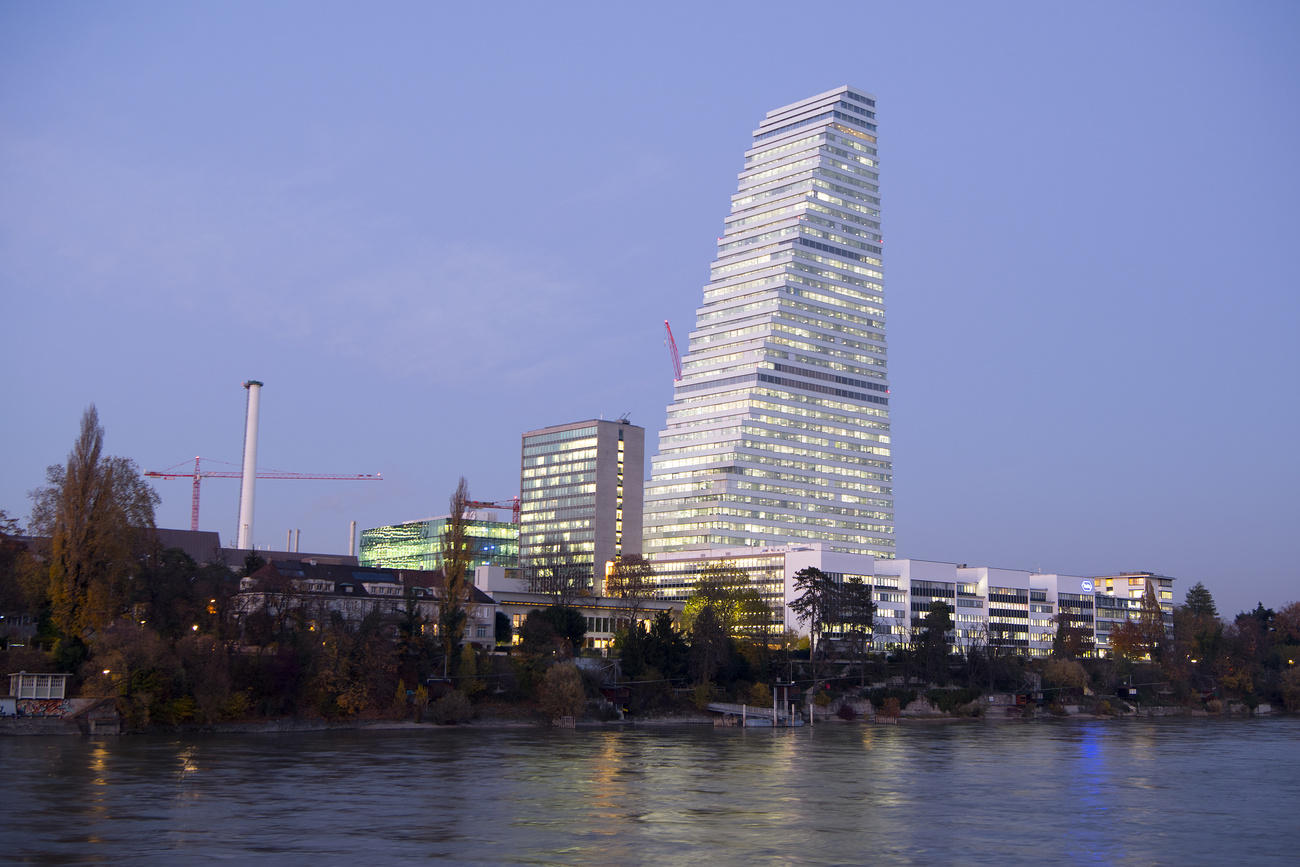
Job titles like “real-world data scientist” or “digital transformation manager” hardly make you think of an established Swiss pharmaceutical company. But with its big bet on data and digitilisation, Roche needs a new crop of specialists. Now it just needs to woo them.
There are still plenty of lab coats and business suits in the halls of Roche tower 1 in Basel. But in her jeans, blazer and sneakers, Istanbul-born Neyran Erlevent is less of a novelty than she would have been a decade ago.
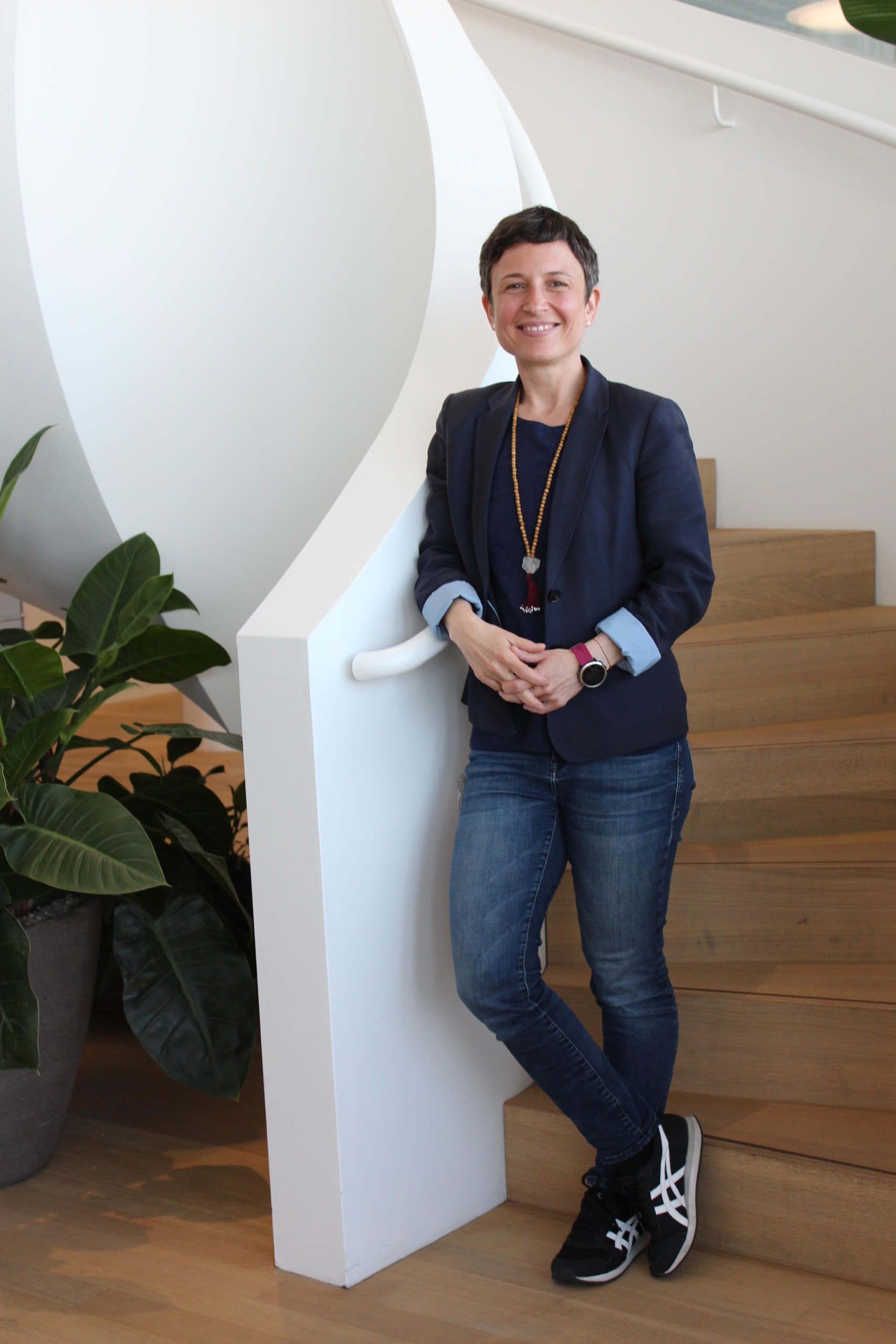
“I had no idea what a pharma company did in the digital field when I saw the job opportunity,” she says. “But I had all the digital skills they were looking for, so I applied and got the job.”
Neyran received her MBA in e-commerce and digital marketing in the United States and spent several years working at an e-commerce start-up before joining Roche in Turkey, Spain and Canada and ultimately moving to the company headquarters in Basel.
She is a digital transformation programme manager in Roche’s diagnostics division – a title that few in the pharmaceutical industry had heard of let alone hired for 11 years ago when Neyran joined the company.
As part of Roche’s big bet on personalised medicine, the company is now in a hiring frenzy, trying to swoop up the best and the brightest from fields like computer science, data analytics and e-commerce who would typically turn to Google or a small tech start-up for a job.
For a more than 120-year-old multinational with nearly 95,000 employees in more than 100 countries, attracting this talent is a stark lesson in how an established company can compete. But Roche employees say the company has a few things that give it a leg up on the competition.
Inside the Multinationals Series
This article is part of a series on what it is like to work for a multinational company in Switzerland. Multinationals play an important role in the Swiss economy, but for many people, the companies can seem like islands of concrete buildings or campuses full of foreign workers. This series aims to uncover what it is really like to work at these companies.
The ‘real world’ data wave
Roche has been at the forefront of the boom in personalised medicineExternal link, which has been hailed as the holy grail of medicine – combining real-world data, clinical data and genetic sequencing to develop the right drug for the right patient at the right moment.
The company’s big bet includes acquisitions like oncology tech company Flatiron HealthExternal link for $1.9 million (CHF1.82 million) and genetic profiling company Foundation Medicine valued at $5.3 billion. It has another pending purchase for gene therapy start-up Spark TherapeuticsExternal link.
Aijing Shang, who grew up in a small town in China, joined Roche right after her medical studies in China and post-doctorate in epidemiology in Switzerland as a biostatistician. Now, she’s a data scientist in Roche’s personalised health medicine division.
“Real-world dataExternal link has become much more important,” she explains. “It can help to understand the treatment pattern and the outcomes for the patient. It can help identify the unmet medical need, which patient is at high risk and which patient needs a new drug urgently.”
In contrast to decades ago where they relied solely on lab research and clinical trials, Roche and many of its peers are now drawing on so-called “real-world data” including everything from electronic medical records to wearable devices to a patient’s own nutrition diaries recorded in smartphone apps.
Roche now has more than 100 digital technology and data initiatives underway, the majority of which are focused on drug development. With its diagnostics division, the company is stepping into new territory as a developer of the actual technology.
This includes smartphone apps like FloodlightExternal link that gather information about the daily lives of multiple sclerosis patients, and its latest product, Navify Tumour BoardExternal link, a software-based patient dashboard developed with GE Health, to help oncologists decide on the best treatment course.
The company has also announced a new division in the San Francisco Bay Area housing diagnostics software development, digital information solutions and a digital pathology group.
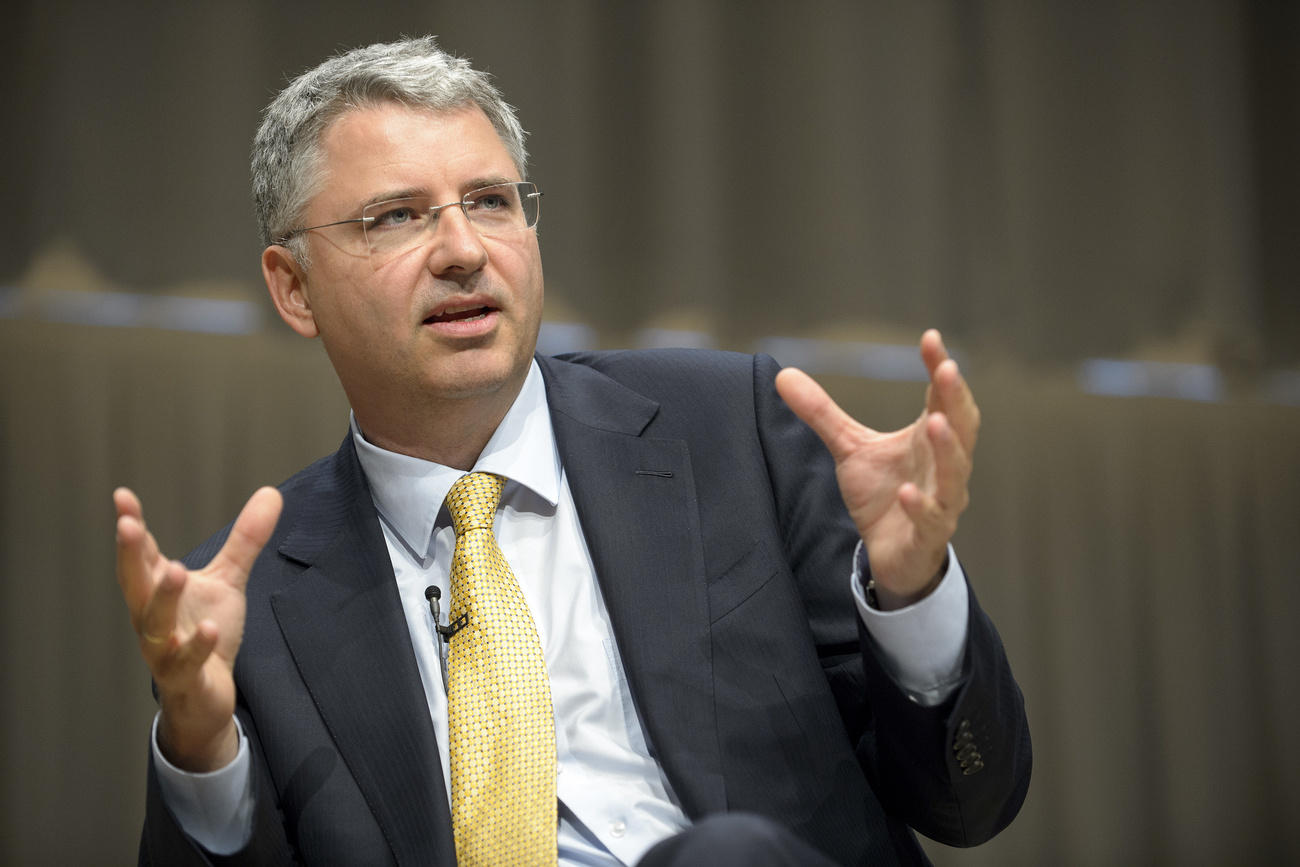
Stiff competition
The success of this transformation will depend heavily on wooing a whole new crop of talent, many of whom may have never considered working for a pharmaceutical company.
Both Aijing and Neyran’s divisions have open positions but finding the right people and getting on their radar isn’t easy. In fact, Roche has about 100 open positions for candidates with data science skills and there are just under 50 software developer positions available in its US offices alone.
“We aren’t just competing with other big healthcare companies any longer,” explains Neyran. “Our new competitors are companies like Google, which has a health division, and a lot of health start-ups that are in the diagnostics space with wearables.”
Evelyne Kappel who leads career services at the Federal Technology Institute ETH Zurich says that computer science graduates are the hardest to attract right now for all companies. Of all the fields, Kappel says the roughly 140 computer science Masters graduates from ETH each year are the least likely to look for career advice.
Some students told the career centre they don’t have to look for a job. “They say, I’ll just wait until I have 20 offers and then choose,” says Kappel. “If they create a LinkedIn profile, they are hunted.”
She adds that one of the main competitors for many companies is Google, which has a big presence in Zurich and swoops up a lot of talent. “I don’t think these students are not attracted to pharma, but you have to be quite aggressive and you have to invest more in showing them why working at your company is attractive.”
With this much competition, Kappel says that graduates can afford to be picky and they are seeking companies that are “uncomplicated, innovative and authentic”.
A small fish in a big pond
Roche tower’s elegant white staircases, phone-book-sized annual reports in the waiting area and artwork hanging on the walls don’t exactly give the vibe of an innovative tech start-up.
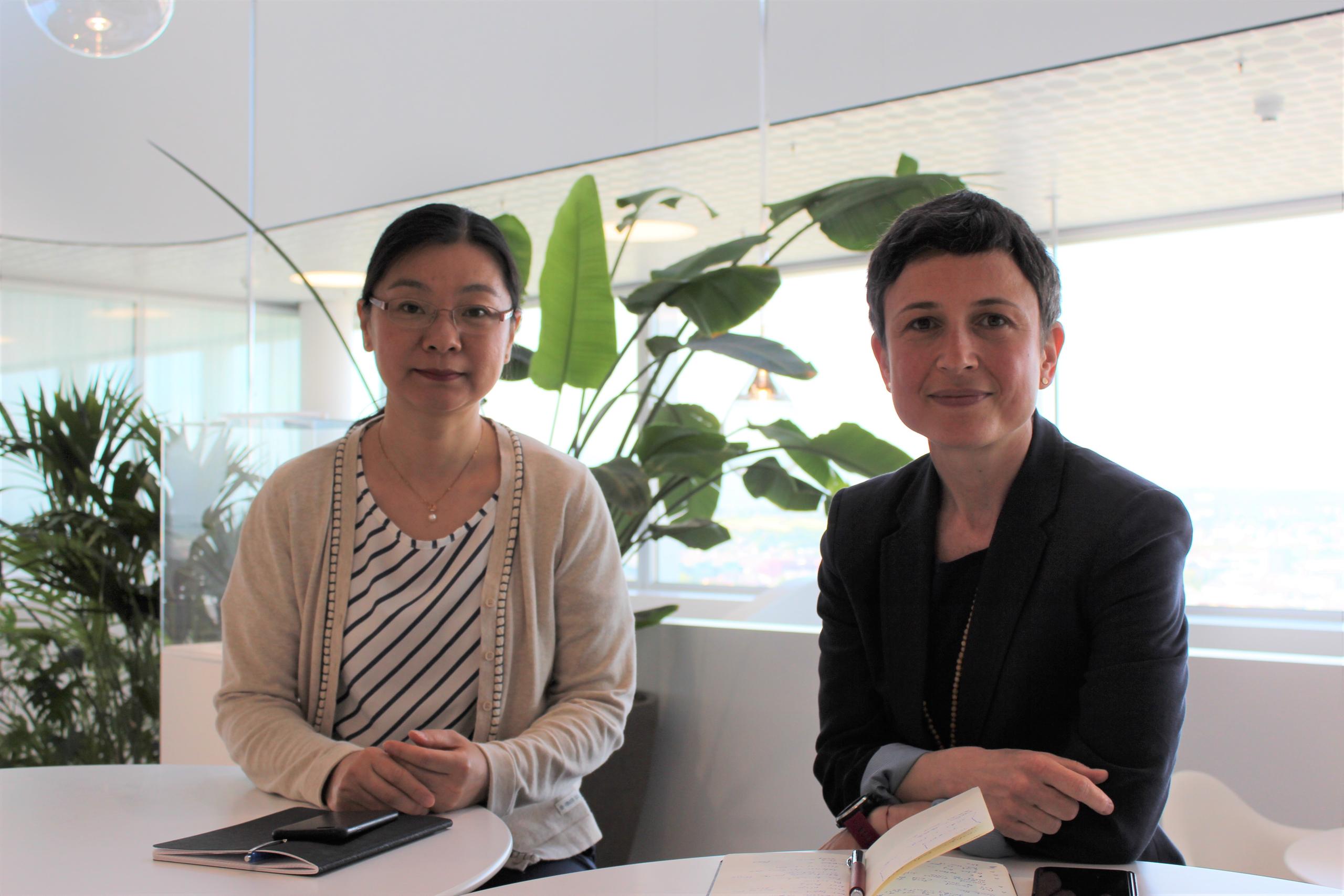
Aijing and Neyran both acknowledge that a challenge in recruiting tech talent is simply the size and the culture in a place where one is a small fish in a big pond. Aijing works on a team that has doubled in size in the last year, reaching 150 people.
“There are so many layers to making a decision that things can move slow,” she says. The company is trying to adapt to what both the market and its employees want. Top managers have started streamlining decision-making and empowering individual teams.
“Decisions are being pushed down to lower levels,” explains Neyran. “In my team, we also have the mentality of fail fast and learn fast, which is more like a tech-start up.”
Employees often find themselves in huddle, sprint or SCRUM meetings that have become commonplace on the tech and design innovation scene. The company is also trying to project a younger image on its Instagram page and lauds its work-life balance and family-friendly workplace.
The company is also trying to peak the interest of young talent with design challengesExternal link such as Code4Life and Digital Health accelerators like “Startup Creasphere”.
It also has another key asset: San Francisco-based Genentech, which became a wholly-owned Roche subsidiary back in 2009. This helps it keep the finger on the pulse of what is happening in the tech world and attract workers in Silicon Valley.
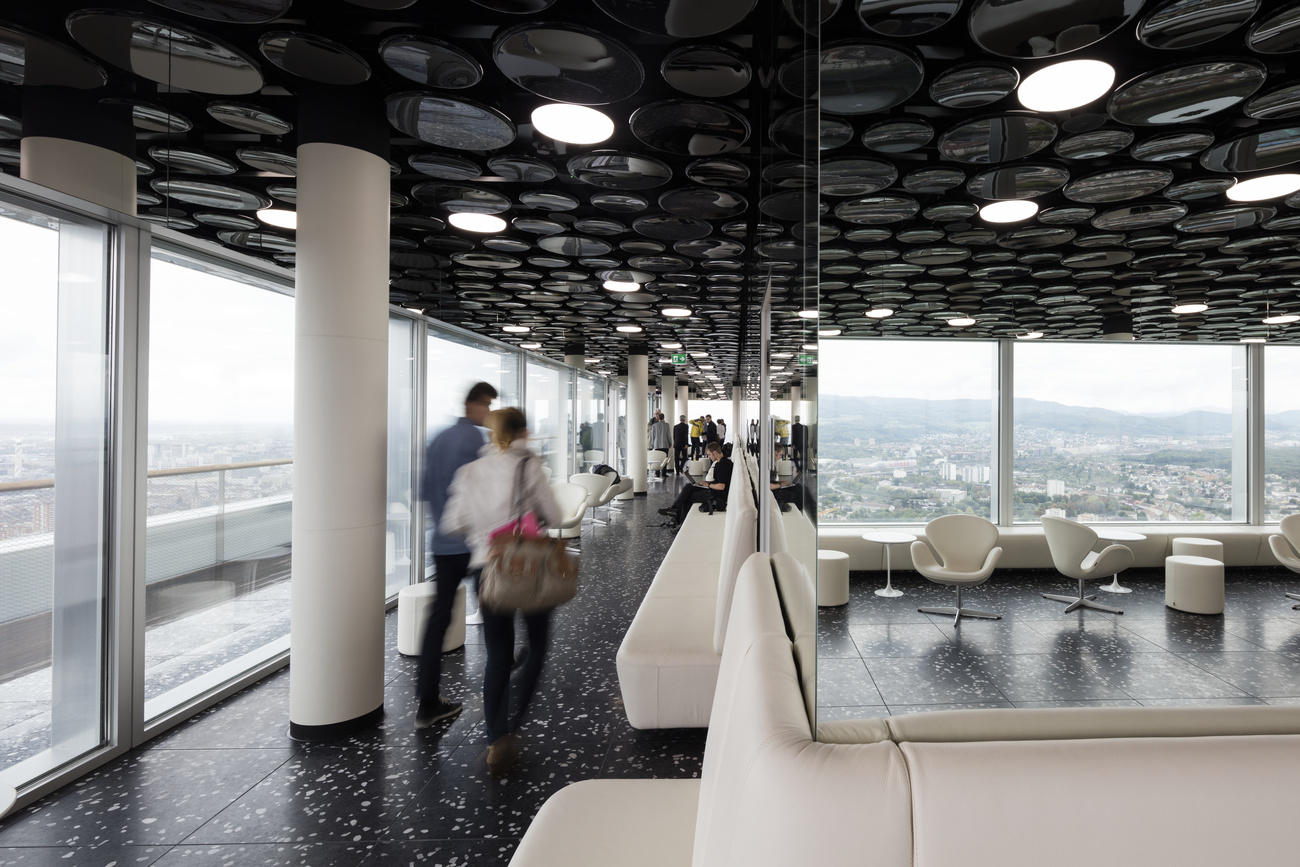
Pegging to purpose
Neyran points to another, less tangible factor that gives Roche a leg up on the tech sector.
“Instead of creating products just to entertain people, at Roche I can help create a positive value in people’s lives.”
This “higher purpose” is espoused in the company’s recruitment process, where it talks about “solving the greatest global challenges using science and technology”.
But the story isn’t all rosy for Roche. They have come under pressure for the price of some cancer treatments and for their lack of transparency when it comes to how prices are set.
There has also been heated debateExternal link about who owns and has access to patient data, and ultimately, if pharmaceutical companies should profit from it.
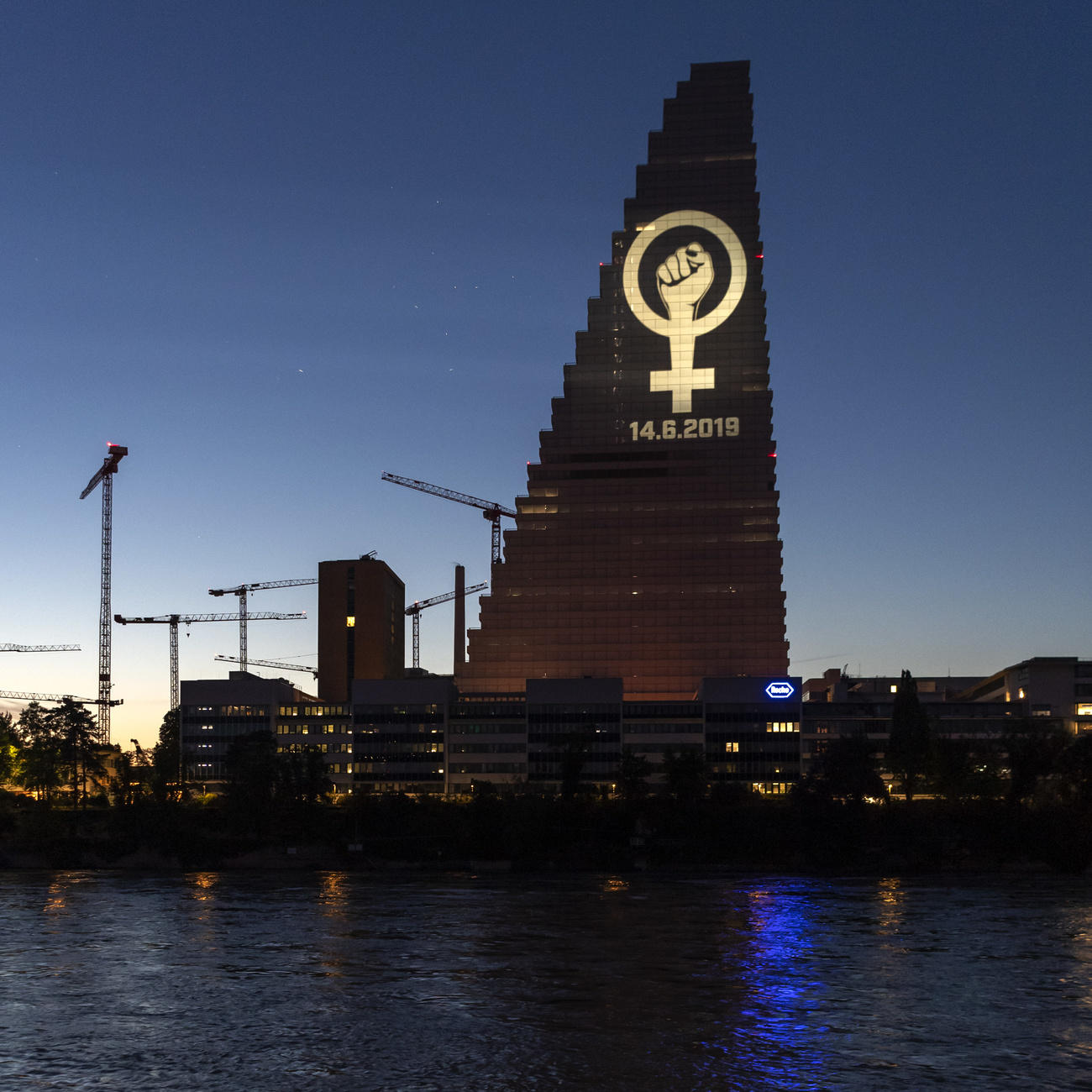
+ Read more about the most expensive treatment ever developed
Although Neyran gets asked questions about such issues as a Roche employee, she feels the company’s decisions are ethical. She and her colleague also recognise the underlying flaws in the drug development model.
“It takes 10-15 years to develop drugs and there is a high risk of failure,” says Aijing. “If you don’t have a return, no industry player will be incentivised to develop a drug.”
The company sees its investment in real-world data as part of the answer by speeding up the drug development process and reducing the costs by using real-world data as a control group.
“Hopefully in the future we can see that this has some reflection on the speed of drug development and therefore saves costs,” says Aijing.
About Roche
Founded: 1896 in Basel
Employees: 94,442 worldwide, 13.600 in Switzerland
Locations: Headquarters in Basel

In compliance with the JTI standards
More: SWI swissinfo.ch certified by the Journalism Trust Initiative









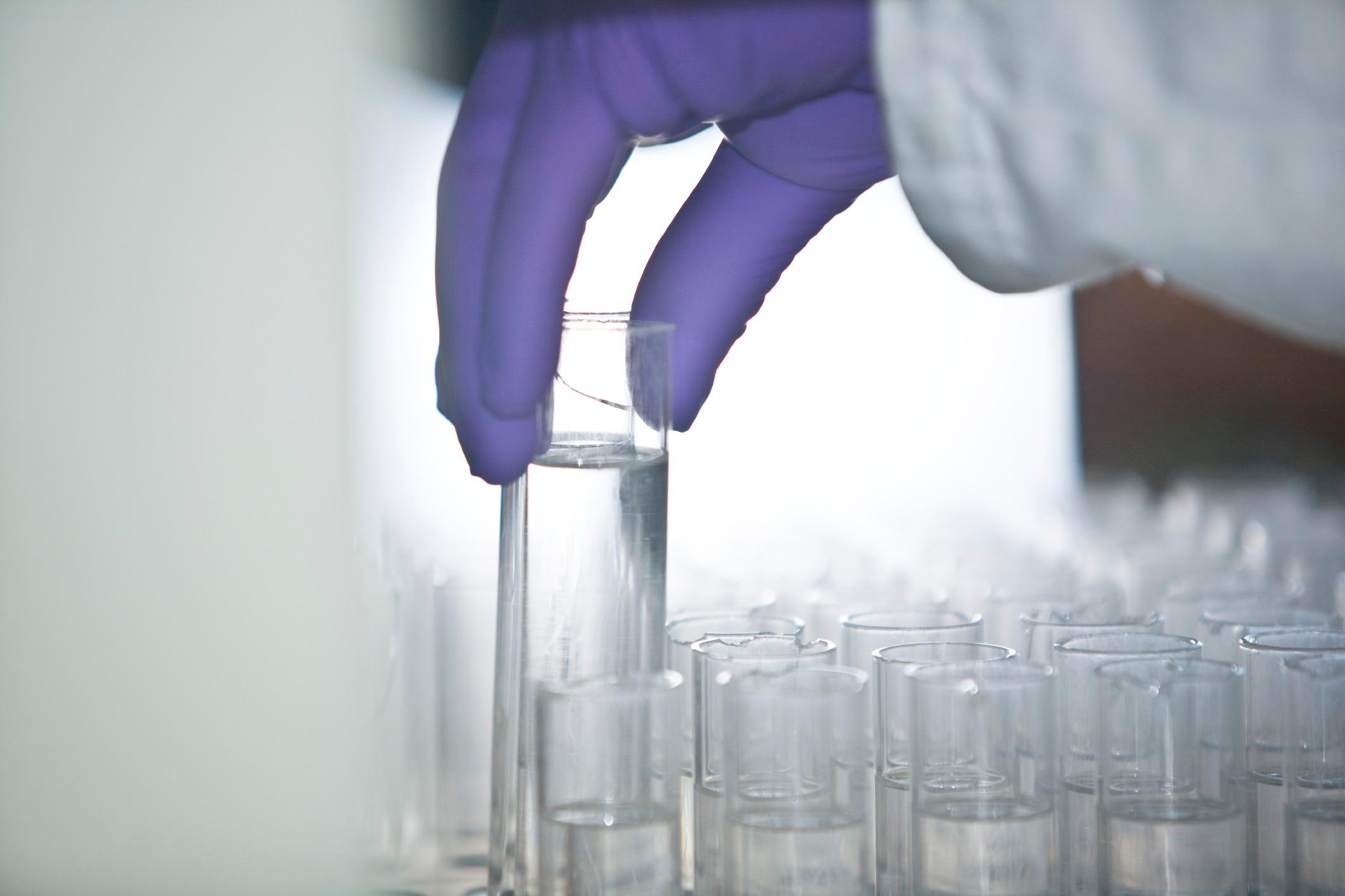
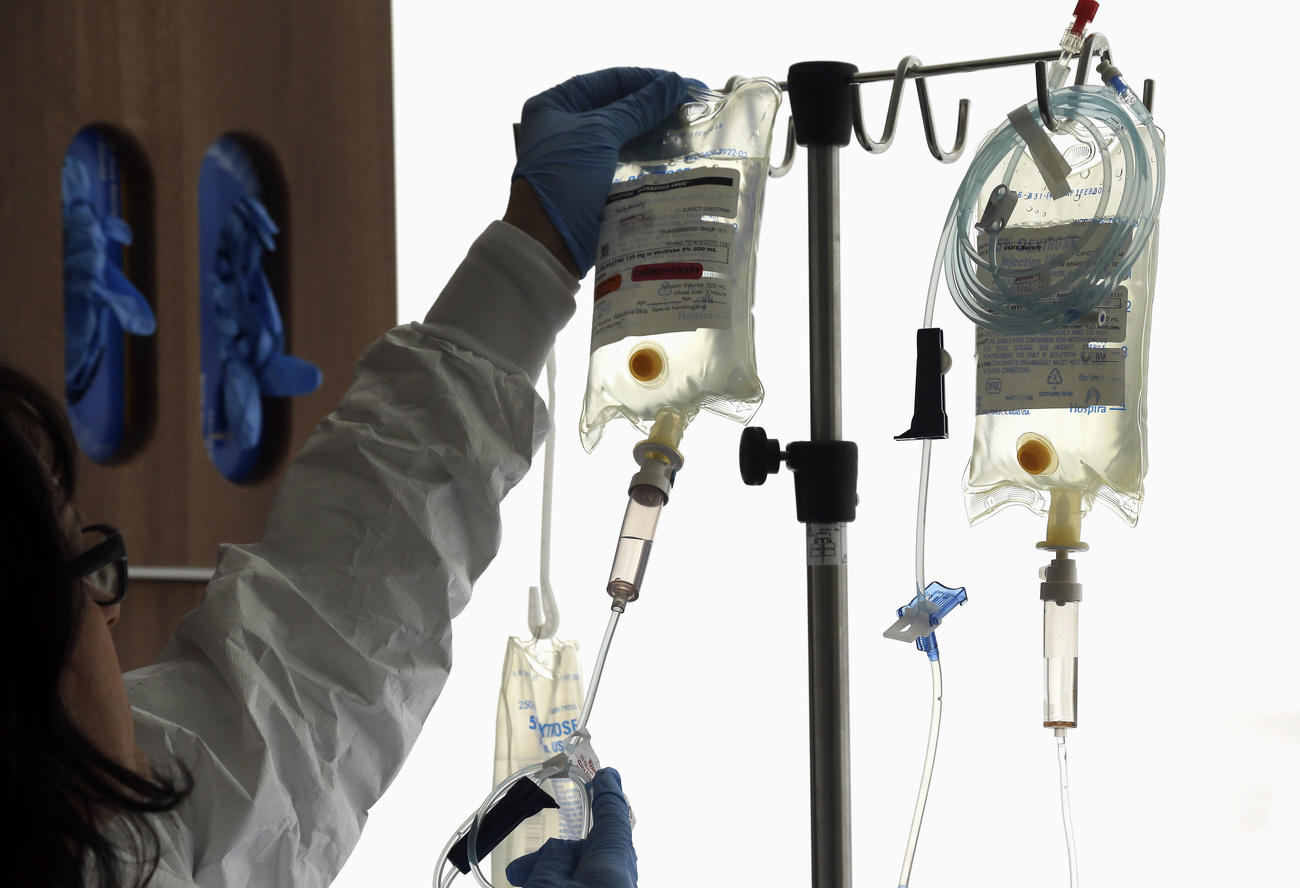


You can find an overview of ongoing debates with our journalists here . Please join us!
If you want to start a conversation about a topic raised in this article or want to report factual errors, email us at english@swissinfo.ch.